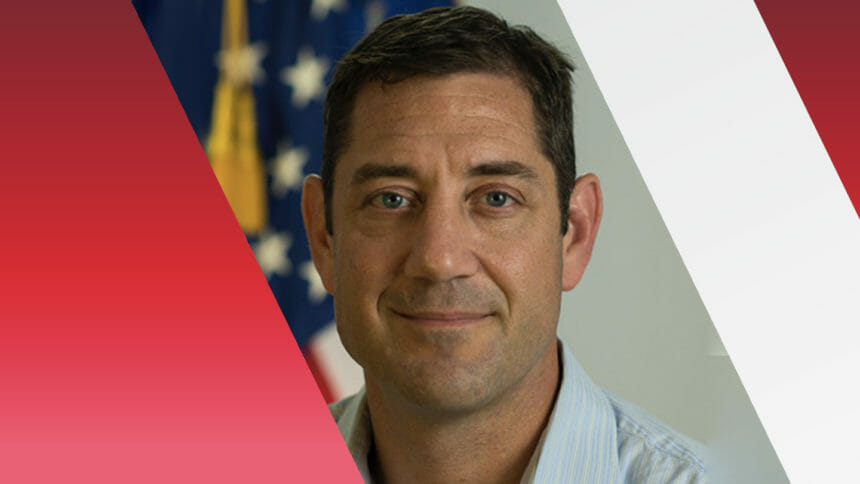
Officials with the Centers for Medicare & Medicaid Services Thursday defended their minimum staffing proposal for nursing homes as “balanced and achievable,” and provided more details on a coming program to build a pipeline of direct care staff.
The comments came during the first nursing home stakeholder call held since the staffing rule was proposed Sept. 1.
Adam Richards, deputy director of the CMS Clinical Standards Group, reminded attendees about hourly requirements for certified nurse aides and registered nurses, as well as round-the-clock 24 registered nurse coverage and updated resident assessment proposals. He also fielded several questions about where licensed practical nurses fit into the new rule, which does not require them on an hourly basis.
The dominance of such questions illustrates how worrisome the apparent downplaying of LPNs is to nursing homes that rely on them in great numbers today.
“We believe that all staff, including LPNs, are vital to the care that residents receive on a daily basis,” Richards said. “We expect long-term care facilities to continue considering all staff when determining the staffing and resource needs based on the facility assessment. Our goal, as we have said throughout, was to identify the type and minimum staffing levels needed to establish a broadly applicable floor across all long-term care facilities that would significantly reduce the risk of unsafe and low-quality care, while also making advancements in the safety and quality for residents.”
“That said, the totality of evidence demonstrated a strong impact of quality and safety for RNs and nurse aides, and that’s what we propose these individual standards,” Richards added.
He noted that CMS would take comments or additional evidence on the inclusion of LPNs through Nov. 6, as well as on a 3.48 total nurse hour alternative plan that could include LPNs.
“Overall, we believe that these proposals are balanced and achievable, but I want to remind everyone that this is a proposed rule,” Richards said.
In addition to that review, Evan Shulman (pictured), director of the CMS Division of Nursing Homes, gave more information on a proposed campaign to bolster the pipeline of nursing home workers ahead of the rule’s core components kicking in.
CMS had announced in materials connected to the proposal that the agency is committing $75 million to support scholarships, tuition reimbursement and other tools that ease entry into nursing home professions.
The funding would come from civil monetary funds, Shulman said.
“We will be partnering with the Health Resources and Services Administration, or HRSA, and partnering with state agencies to see how they can use some of their funds to increase the staffing in their states,” Shulman said, promising a launch next year. “Staffing, as you know, is a very broad issue that requires immediate actions from different stakeholders, and we envision this to be one of the most substantial actions that we are taking. But we still need others to take action as well.”




